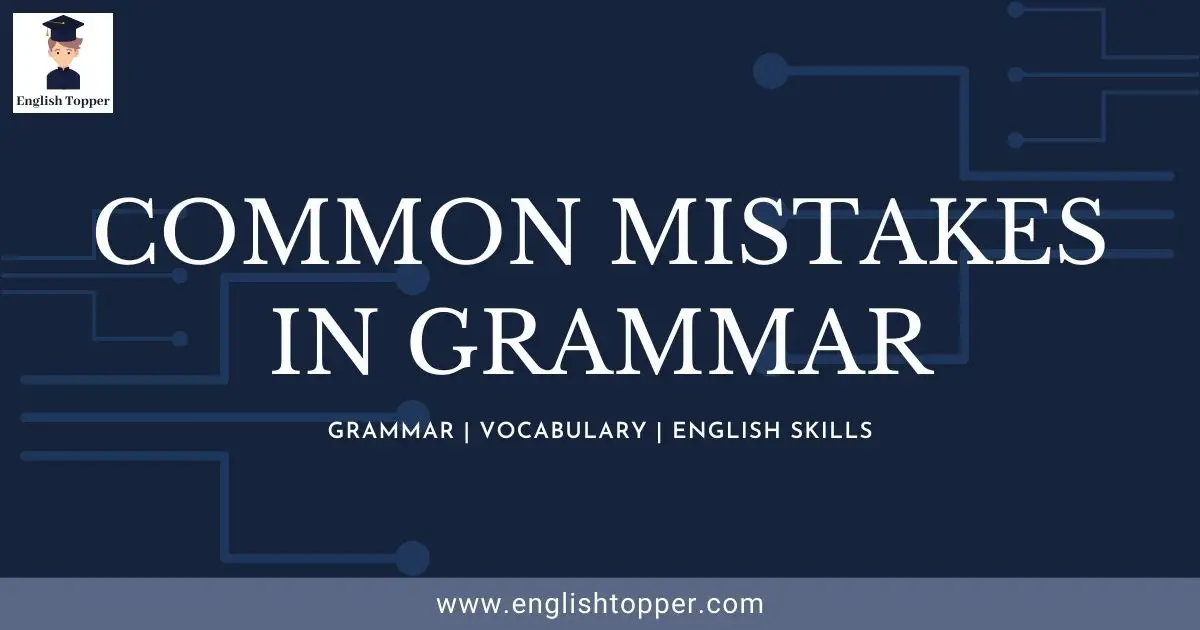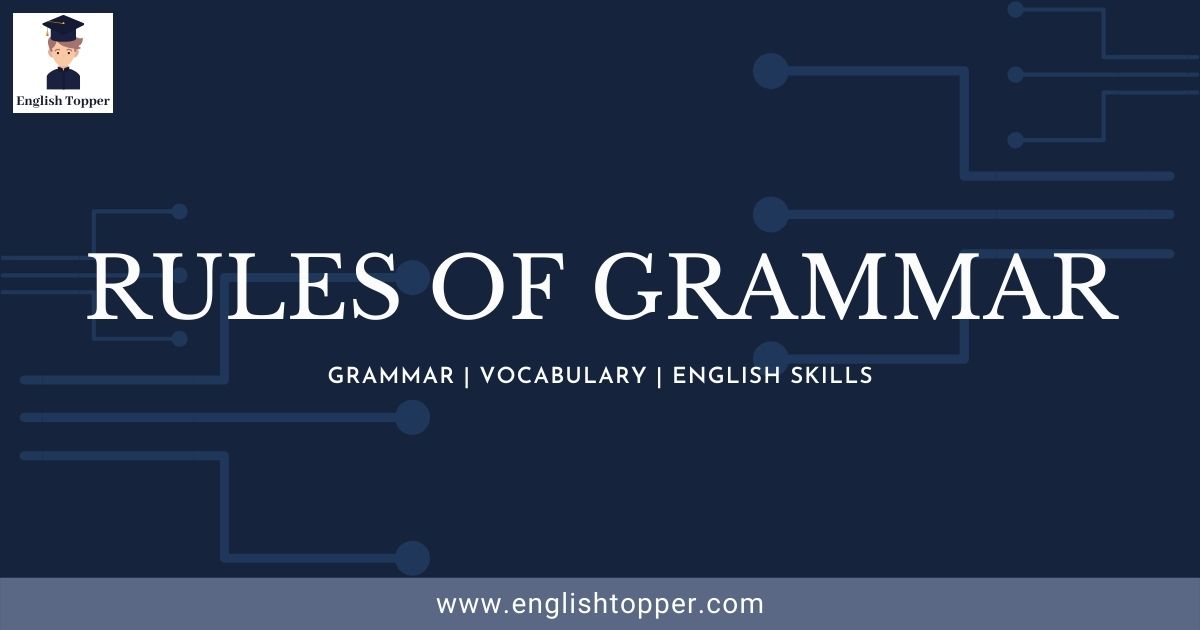Table of Contents
What is Grammar in English?
Grammar can be defined as the specific set of rules which helps us to arrange the words in the sentences to form a proper meaning.
It can also be defined as the structure and system of a language in which it usually consists of Morphology and syntaxes.
Every language has its own grammar and usually, English grammar has its own set of rules to organize the words in the sentences.
So after learning grammar, you can use, classify and structure the words together to form reasonable written and spoken communication.
Types of Grammar in the English Language
There are 9 different types of Grammars which are available in the English Language. Those are,
- Descriptive Grammar
- Prescriptive Grammar
- Comparative Grammar
- Generative Grammar
- Mental Grammar
- Performance Grammar
- Traditional Grammar
- Transformational Grammar
- Universal Grammar
Descriptive Grammar
Descriptive Grammar refers to the language structure. This type of grammar is mostly used by speakers and writers.
The descriptive Grammar can be defined as, “the set of rules of language based on how it is used actually. There is no right or wrong in the Descriptive Grammar.
Prescriptive Grammar
Prescriptive grammar also refers to the language structure (same as descriptive) but the only difference is that it is based on how the language should be used.
In this type of grammar, right and wrong language is also there. So, these rules are actually a standard set of rules of the grammar.
Comparative Grammar
Comparative Grammar is defined as a branch of linguistics in which the comparison and analysis of grammar structures of the language are considered.
Comparitive grammar is also known as Comparitive Philology.
Also Read: 12 Rules of Grammar | (Grammar Basic Rules with examples)
Generative Grammar
Generative grammar is a part of linguistic theory and it is one of the most influential. It is usually defined as a set of rules that describes the structure of the native speaker’s language.
It includes the study of the sound pattern (which is called as Phonology), morphology, semantics and syntaxes.
Mental Grammar
Mental Grammar (also called as Competence grammar & linguistic competence) is the Generative grammar which is stored in the human brain, that allows the person (speaker) to produce the language which can be understood by another person.
This concept was successfully proposed by the American Linguist Noam Chomsky with one of his work called “Syntactic Structures”.
Performance Grammar
The concept of Performance Grammar was used by Noam Chomsky in the year 1960. It is actually used to indicate the actual usage of the language in concrete situations.
So, it is used to describe both comprehension and production of the language.
Traditional Grammar
The set of rules which describes the structures of the language in which it is usually taught in schools are known as Traditional Grammar.
Generally, traditional grammar is prescriptive because it focuses on the distinction between what people thought to do with the language (structure) and what are actually doing.
Transformational Grammar
It is the theory of grammar that focuses on the construction of language by phrase and linguistic structures.
Transformational grammar is also known as TGG (Transformational – generative – grammar).
Universal Grammar
The system of categories, operations and principles shared by all languages are considered to be innate.
Quiz Time! (Test your knowledge here)
#1. _________ grammar is mostly used by writers and speakers.
#2. Which type of grammar is usually taught in schools?
Answer: Traditional Grammar is usually taught in schools.
#3. _________ grammar has a set of rules that describes the structure of the native speaker’s language.
Answer: Generative grammar has a set of rules that describes the structure of the native speaker’s language.
#4. Transformational Grammar is also known as __________.
Answer: Transformational Grammar is also known as TGG (Transformational – generative – grammar).
#5. Grammar is a set of _______.
Answer: Grammar is a set of rules.
#6. Competence grammar is also called as __________.
Answer: Competence grammar is also called as Mental Grammar.
#7. Comparative Grammar consider ________________ for sentence structures in a language.
Answer: Comparative Grammar consider comparison and analysis for sentence structures in a language.
#8. Every language has its own grammar. Is it true or false?
Answer: It is true.
#9. Which of the following is not a type of grammar?
Answer: Informative Grammar
#10. The concept of Performance Grammar was used by Noam Chomsky in the year ________.
Answer: 1960
Results
|
Getting your Trinity Audio player ready...
|
Hurray….. You have passed this test! 🙂
Congratulations on completing the quiz. We are happy that you have understood this topic very well.
If you want to try again, you can start this quiz by refreshing this page.
Otherwise, you can visit the next topic 🙂
|
Getting your Trinity Audio player ready...
|
Oh, sorry about that. You didn’t pass this test! 🙁
Please read the topic carefully and try again.
Summary: (What is Grammar?)

- Grammar is a set of rules which explains the structure of the sentences by arranging the words in order to form a proper meaning.
Also Read: Noun Definition and Examples | Best English Guide 2021
If you are interested to learn more, then you can refer wikipedia from here.
I hope that you understood the topic “What is Grammar?”. If you have any doubts regarding this topic, then comment down below and we will respond to your questions as soon as possible. Thank You.








